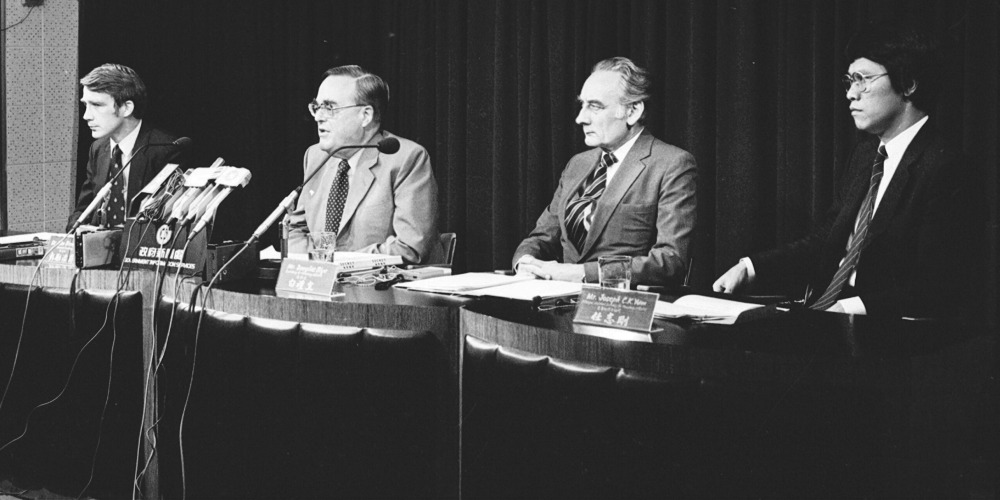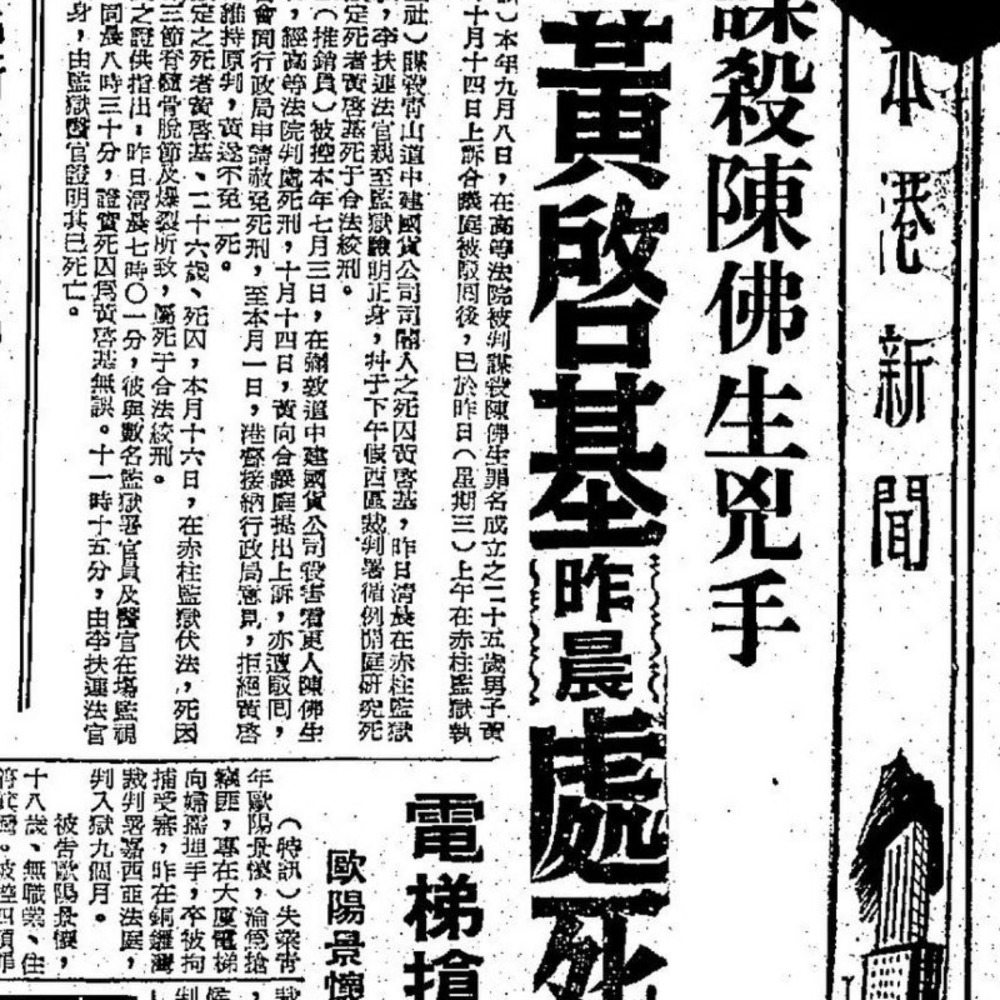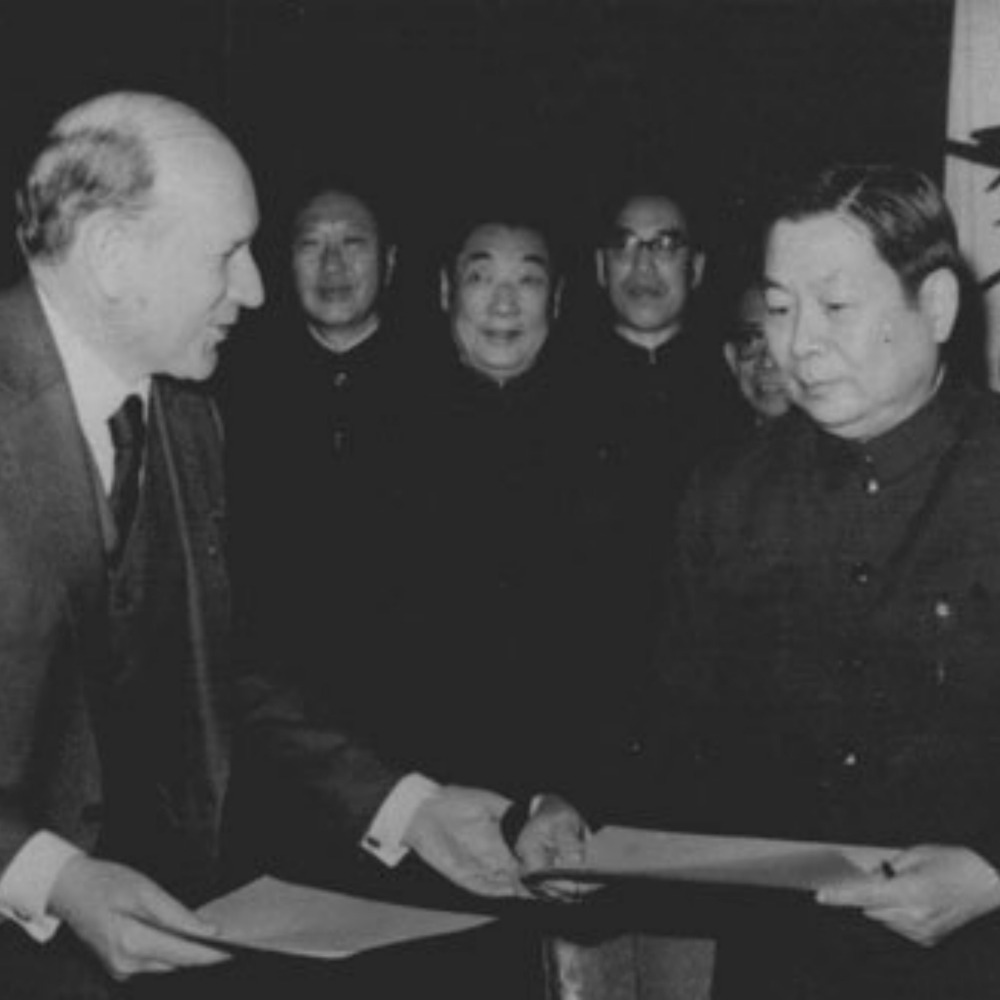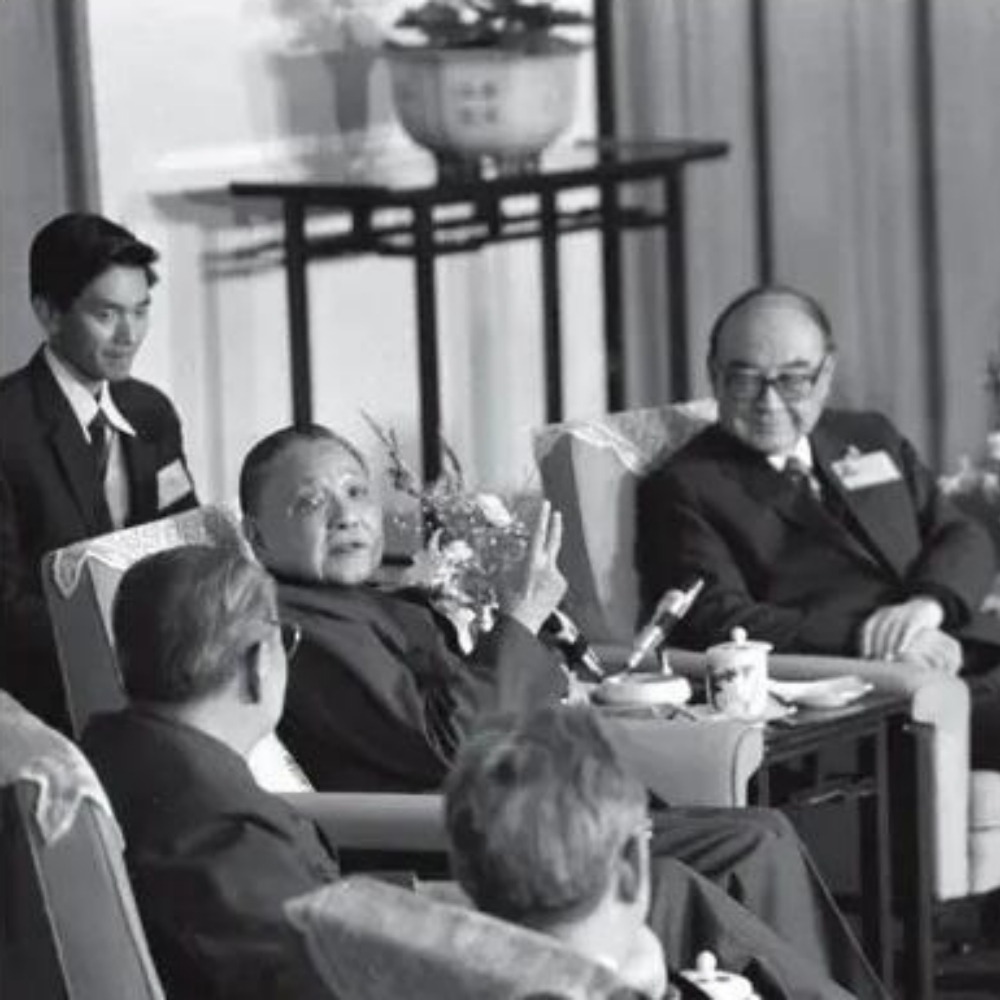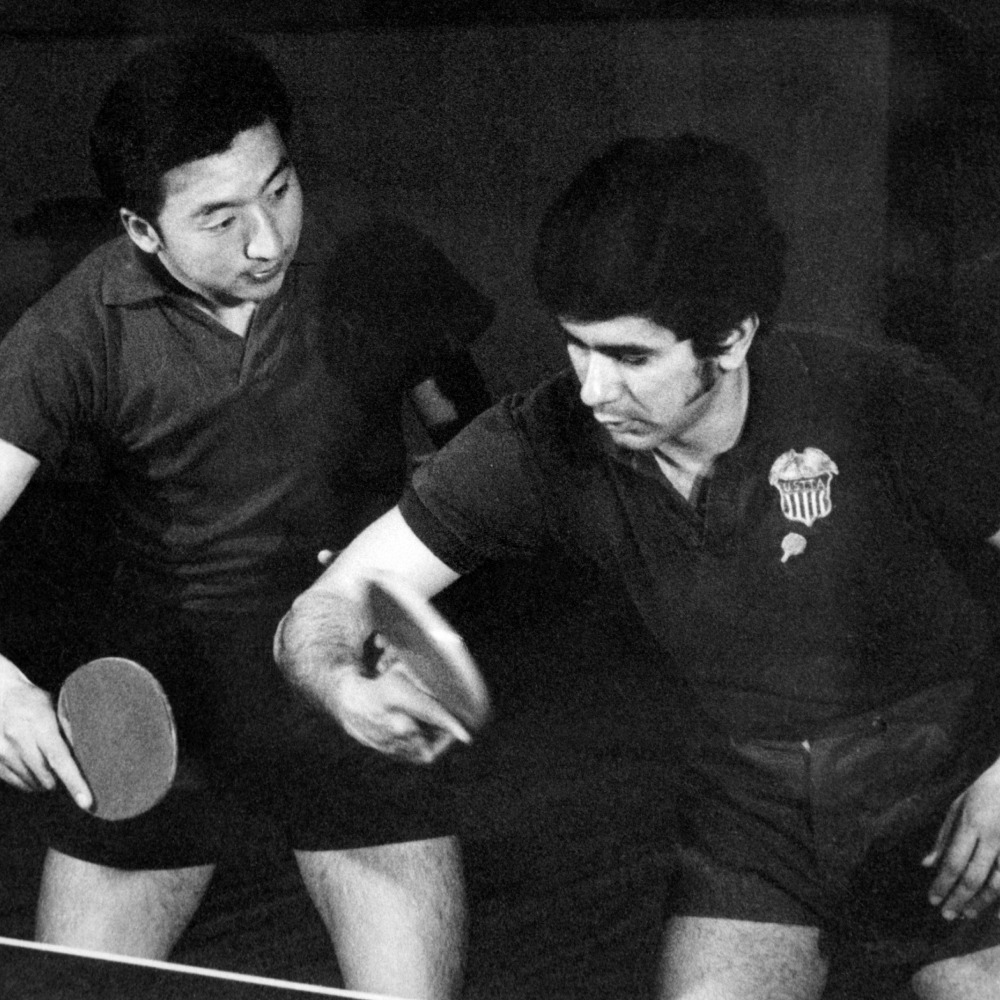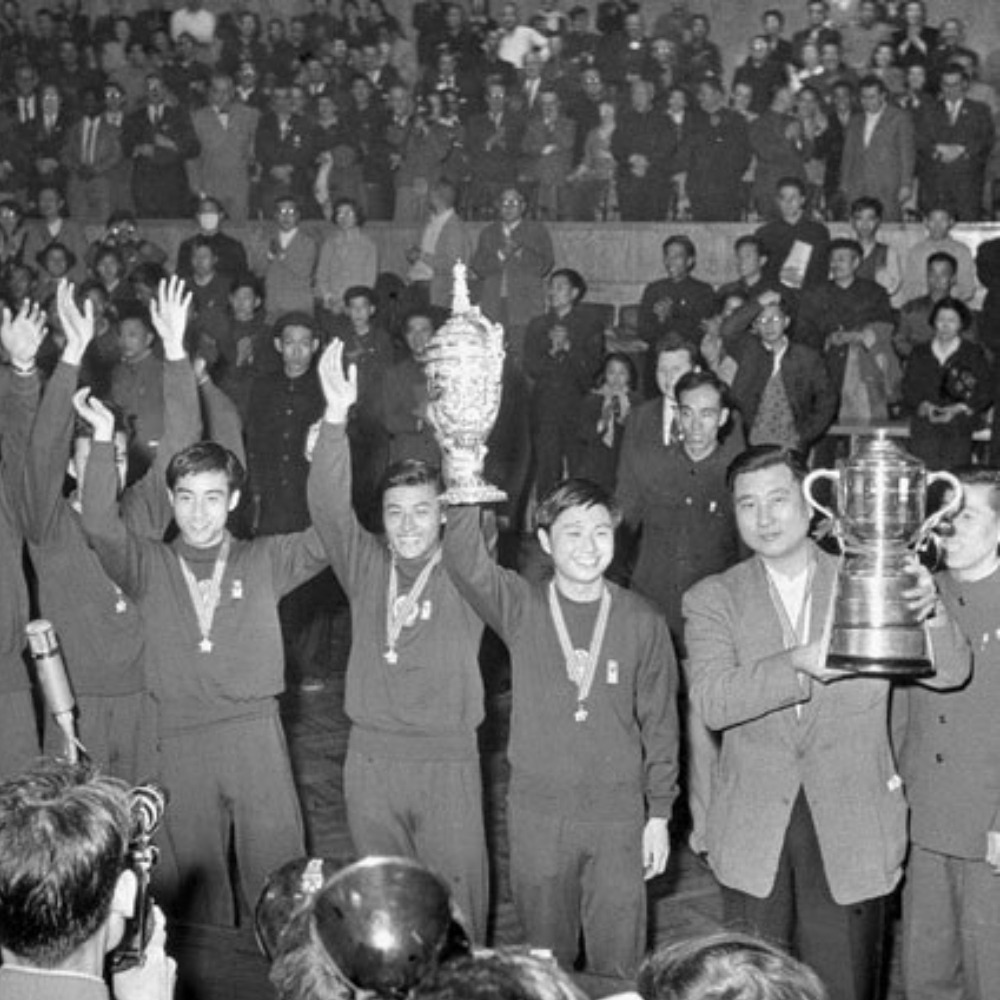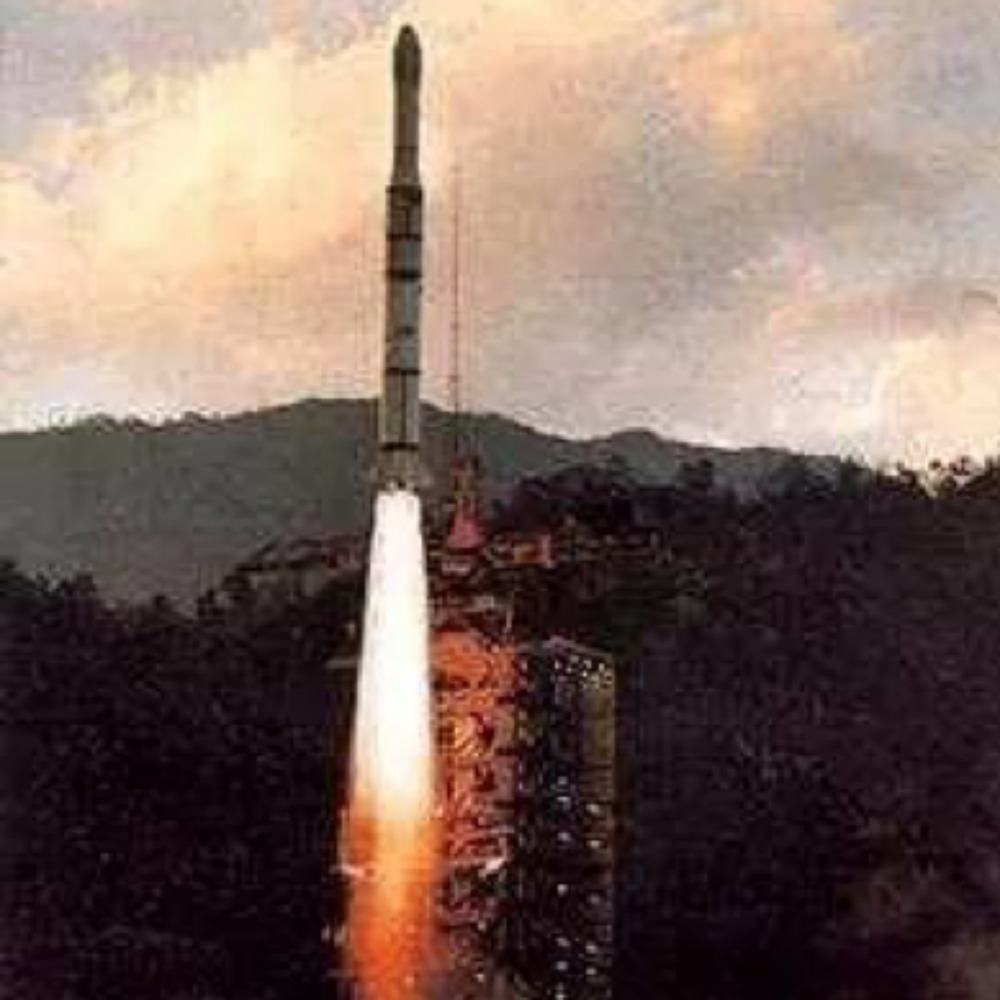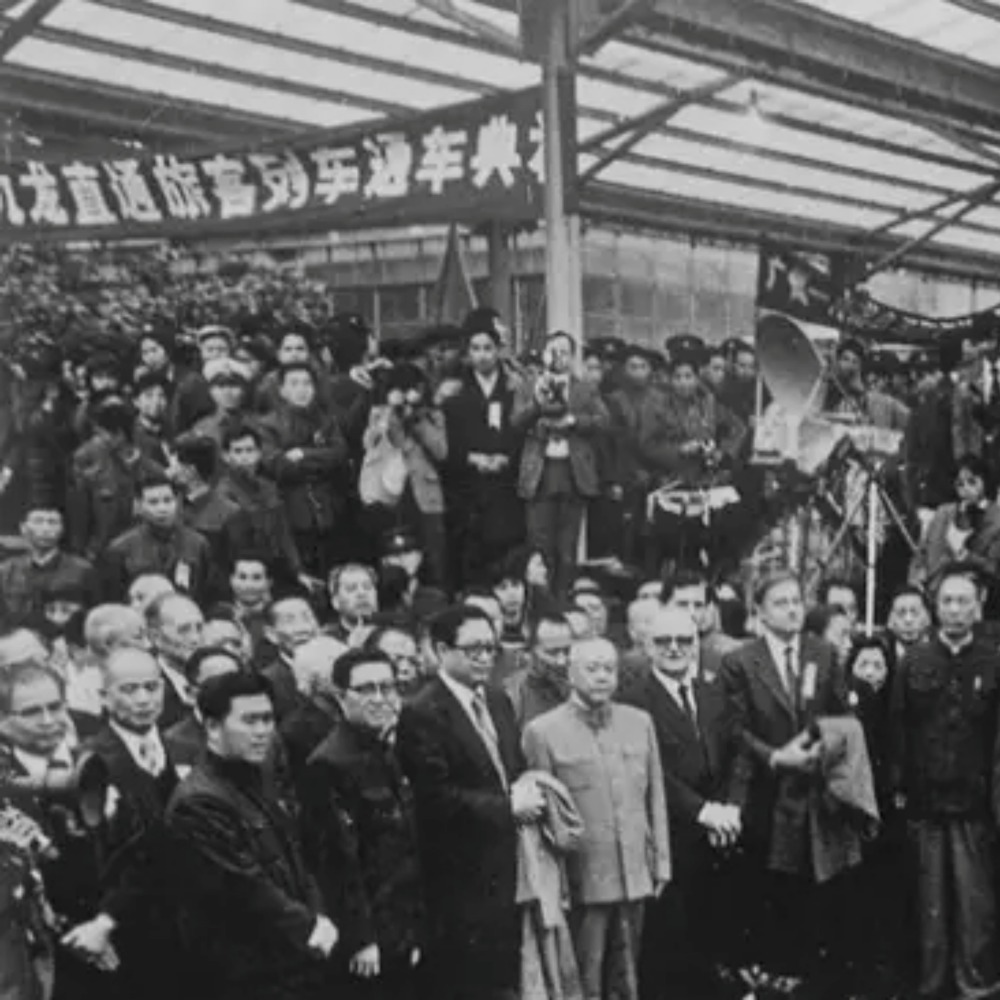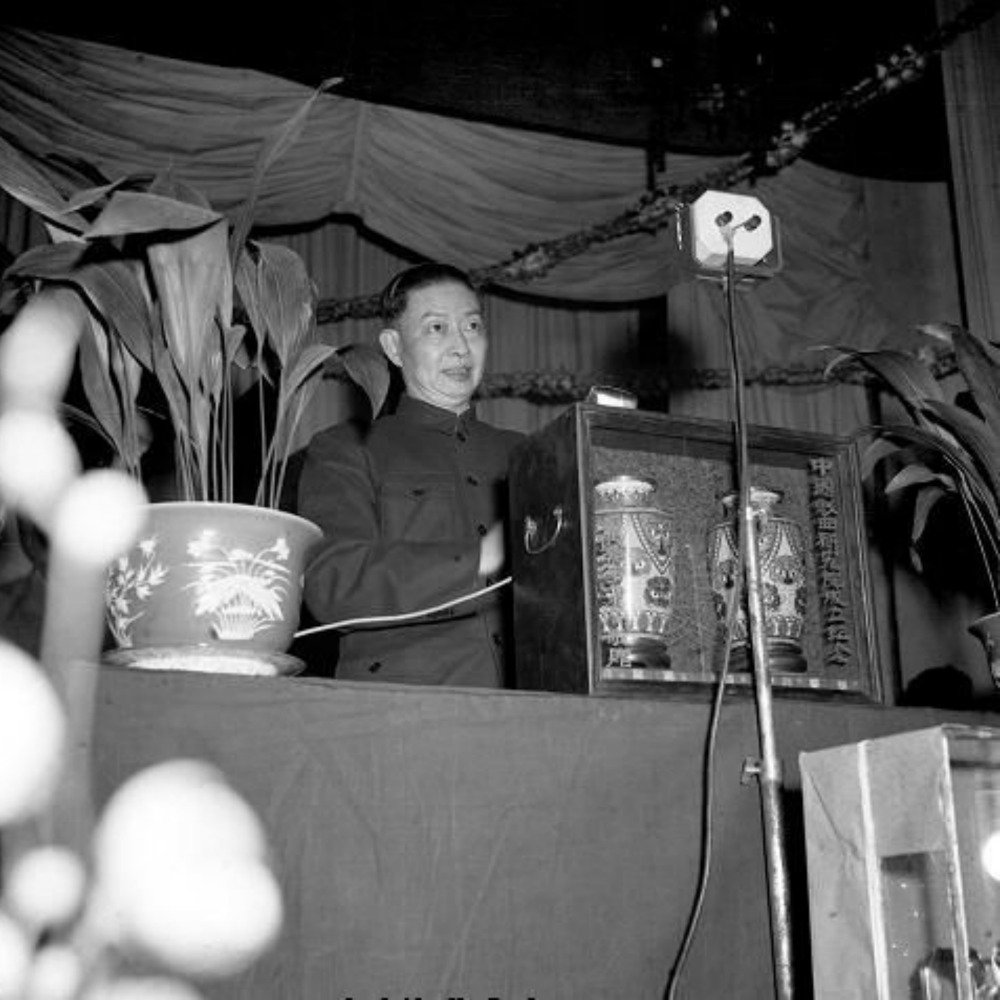Published : 2024-10-19
On October 19, 1936, Lu Xun (魯迅), a renowned modern Chinese writer, passed away at the age of 55.
Originally named Zhou Zhangshou (周樟壽), also known as Zhou Shuren (周樹人), Lu Xun was born on September 25, 1881. He started using the pen name "Lu Xun" when writing for the La Jeunesse magazine in 1918.
During his youth, Lu Xun was influenced by theories of evolution, Friedrich Nietzsche's Übermensch philosophy, and Leo Tolstoy's ideology of universal love.
After the Xinhai Revolution in 1911, he took posts in the Ministry of Education of the Nanjing Provisional Government and Beijing Government, as well as teaching at universities like Peking University and Women's Normal University.
He first used the pen name "Lu Xun" to publish the first vernacular Chinese short story in the history of modern Chinese literature, "Diary of a Madman"(狂人日記), in May 1918.
He participated in working for the "La Jeunesse" magazine, playing a crucial part in the May Fourth Movement.
From 1918 to 1926, Lu Xun authored and published a large number of stories, treatises, prose, essays, including Call to Arms (吶喊), Wandering (彷徨), and Wild Grass (野草), among others.
His novella The True Story of Ah Q (阿Q正傳), published in December 1921, is regarded as a masterpiece in the history of modern Chinese literature.
Lu Xun succumbed to tuberculosis in Shanghai and was initially buried at the International Cemetery in Hongqiao. His remains were later moved to Hongkou Park, and Mao Zedong (毛澤東) provided an inscription for the rebuilt tombstone.





